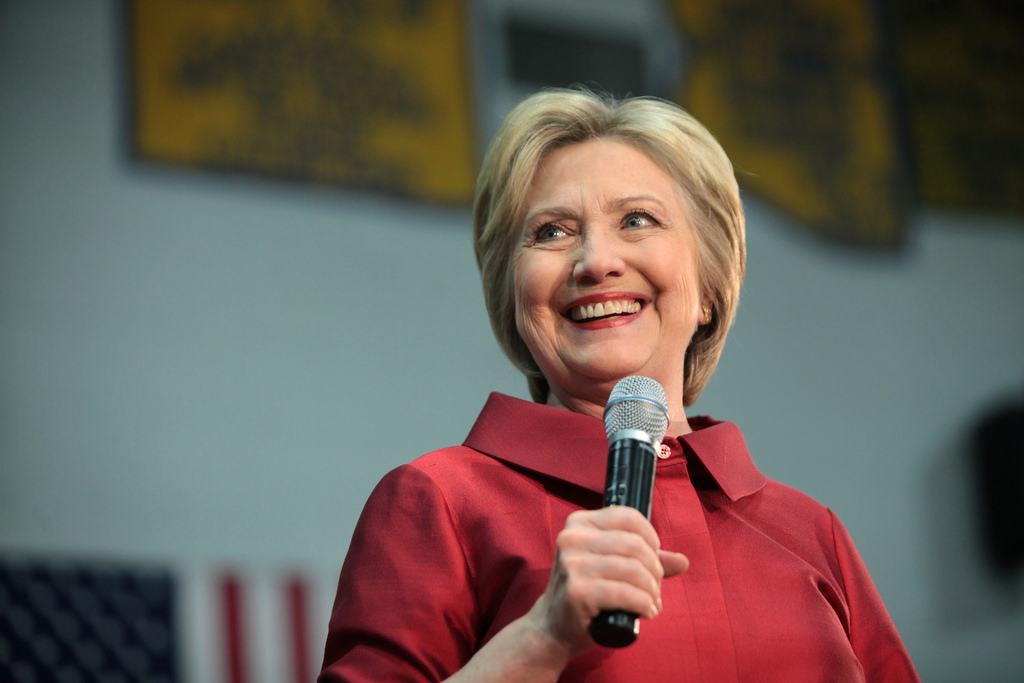I’m pleased to welcome a new guest writer, Donald Norman, to Mere O today.
By now most Christians have thought about the “lesser of two evils” voting strategy:
“I can’t vote for Trump. He’s too [fill in the blank]. But, I can’t vote for Clinton either. She’s pro-choice. Lacks integrity. ‘I don’t trust her.’ So, I guess I’ll just vote for the lesser of two evils.” At which point I’m never really certain if someone has just told me they’re voting for Trump or Clinton. All I am sure of is they think both people (and by proxy, political parties) are evil.
Login to read more
Sign in or create a free account to access Subscriber-only content.
Topics:
